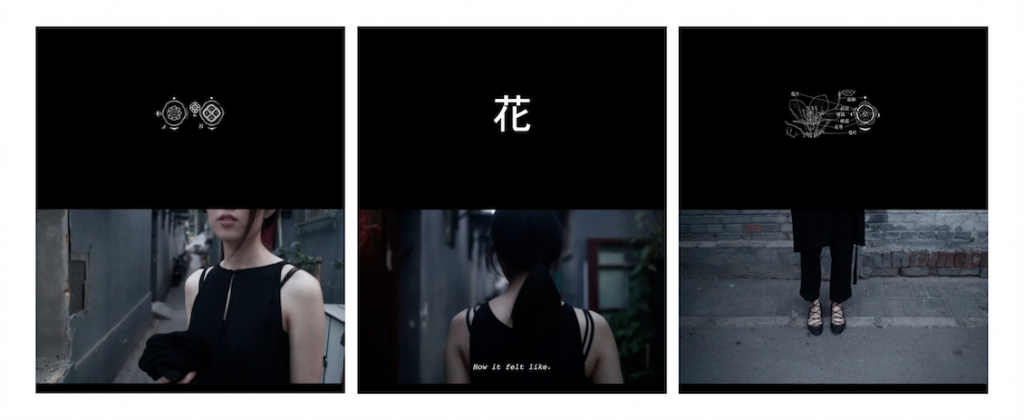
Film Stills
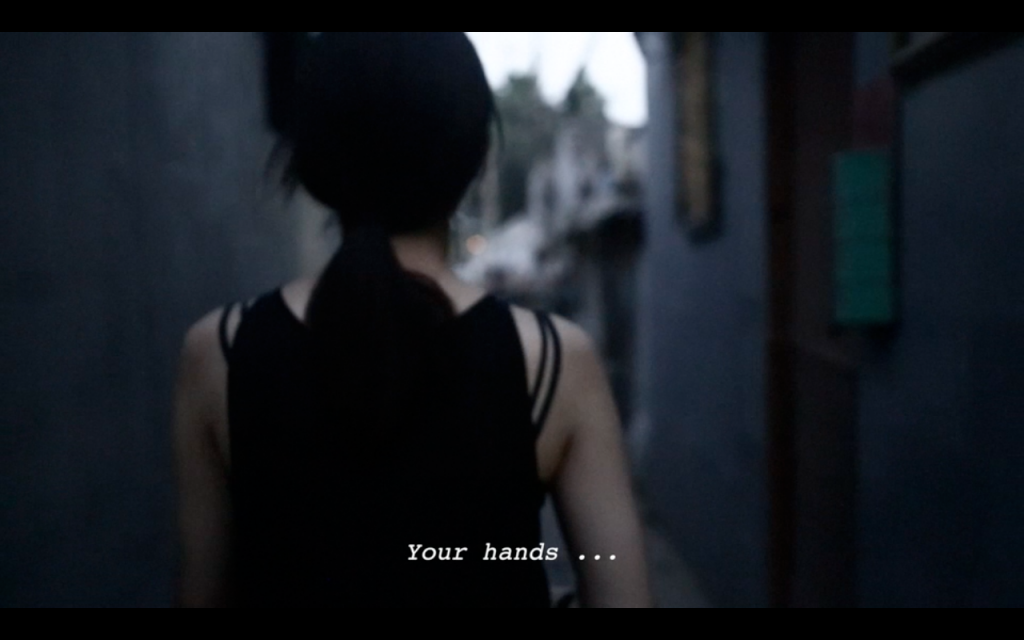
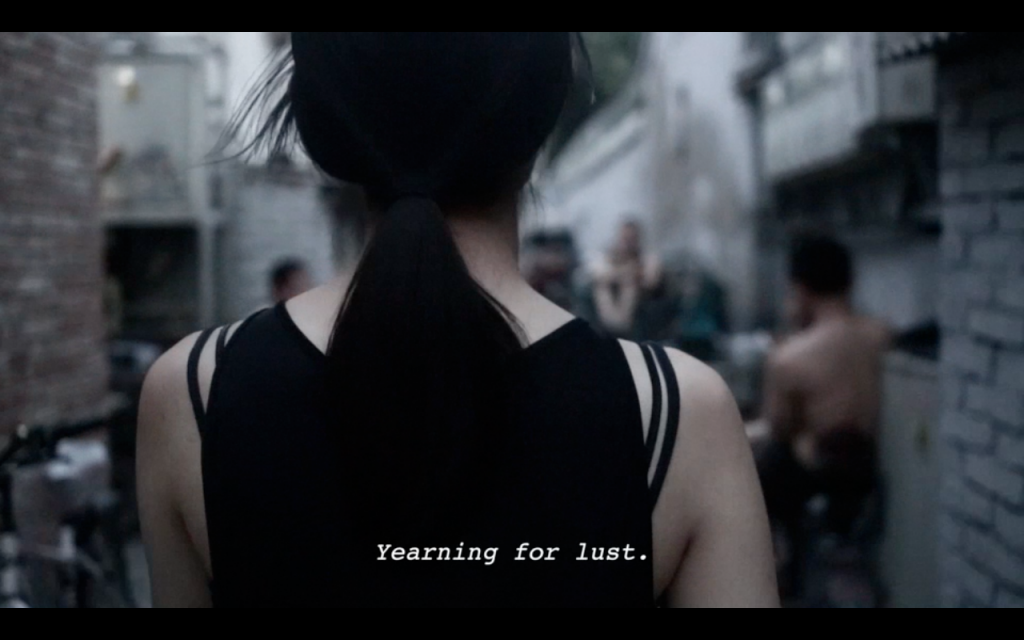
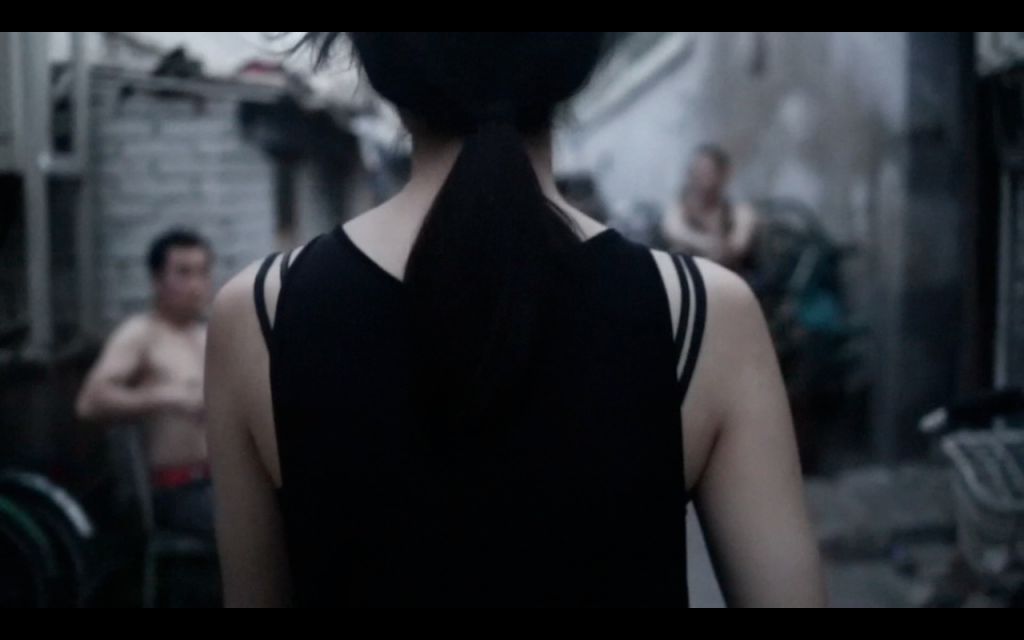
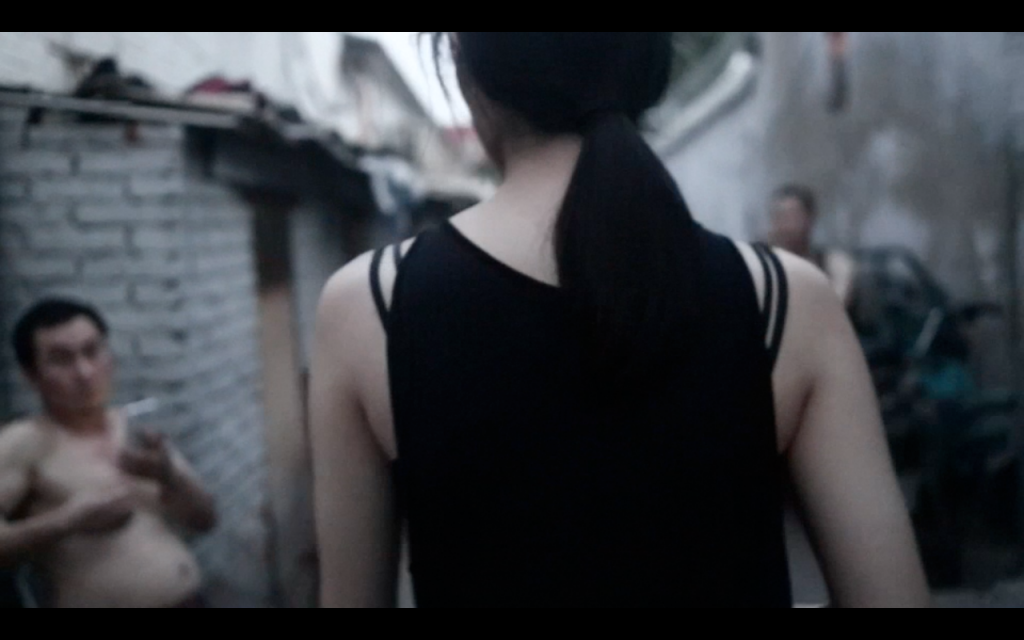
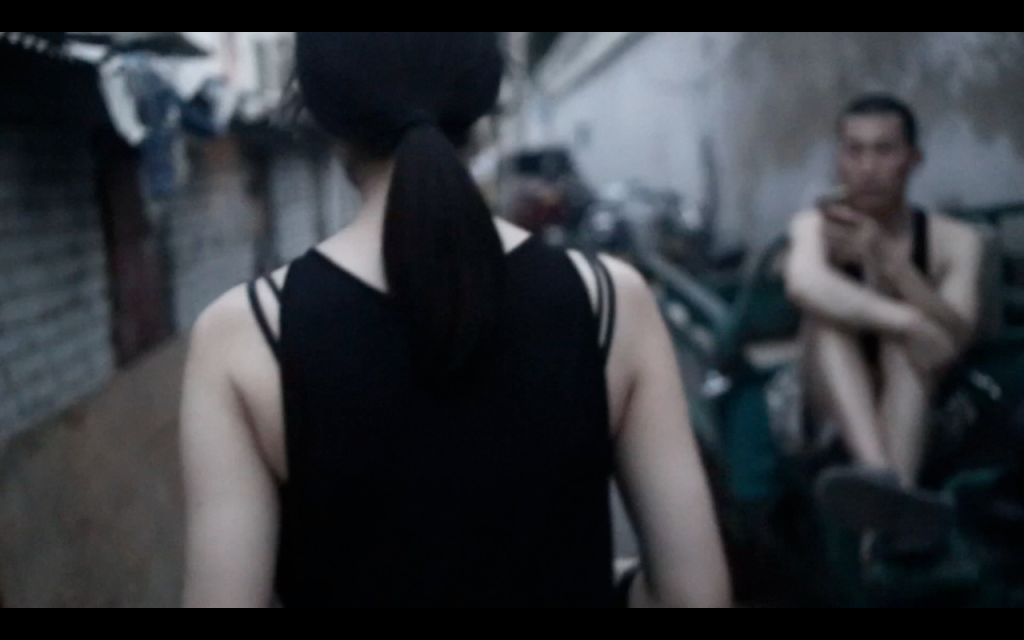
Source — Sauce:
Can the Subtitles speak?
It is always more interesting to be seemingly a victim or there is another variation of this: seemingly completely sympathetic to you as a victim. That is also a claim of common subalternity. I re-quote Theodore Roosevelt […]: “Speak softly but carry a big stick”. So the big stick carriers would like not to acknowledge that they are carrying big sticks. Here comes forth the ‘speak softly’ part because, paradoxically, no subaltern claims subalternity. The subaltern thinks either that this is normal to have no access to lines of mobility (I see enough of them feeling that), it is really frightening, or they want to get the hell out of subalternity. Whenever you hear someone claiming subalternity you know that this is all that it is, that they are speaking softly because somewhere they are carrying a big stick […]. That is the challenge to what the so called international civil society does, which is take advantage of the big stick, some of them are even calling themselves subaltern which is incredibly meretricious and really criminally wrong […]. But I would be very distant from such sympathy; I would rather see that behind their ‘speaking softly’ is a big stick. I don’t find it very interesting when academic from somewhere tells me that he or she is from marginalised cultural background (Spivak 2003)
Bibliography:
Spivak, Gayatri Chakravorty (1994): “Can the Subaltern Speak?” In: Patrick Williams/Laura Chrisman (ed.), Colonial Discourse and Post-Colonial Theory: A Reader, New York: Harvester/Wheatsheaf: 66-111.
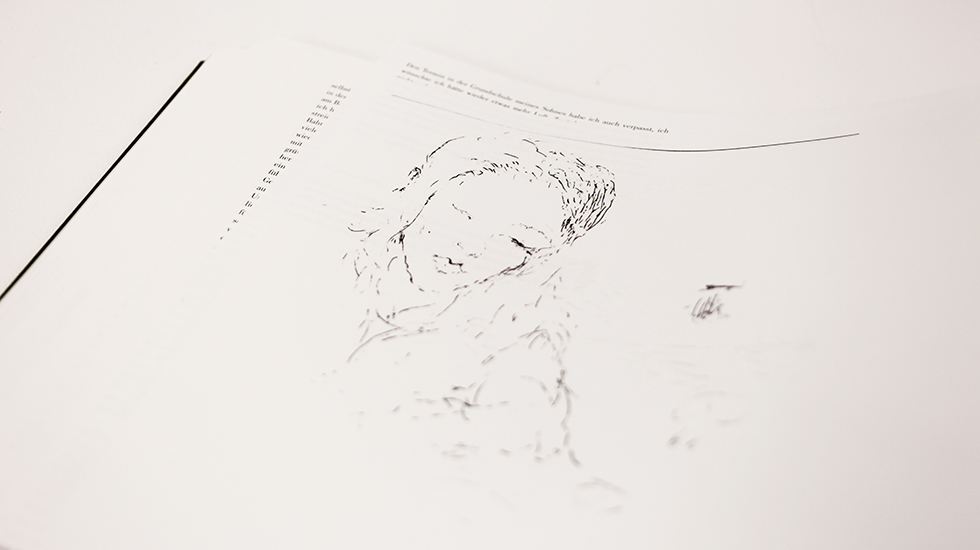

(茨岡女神) . . Yezi H . .
(Cígāng nǚshén) . . Yezi H . .